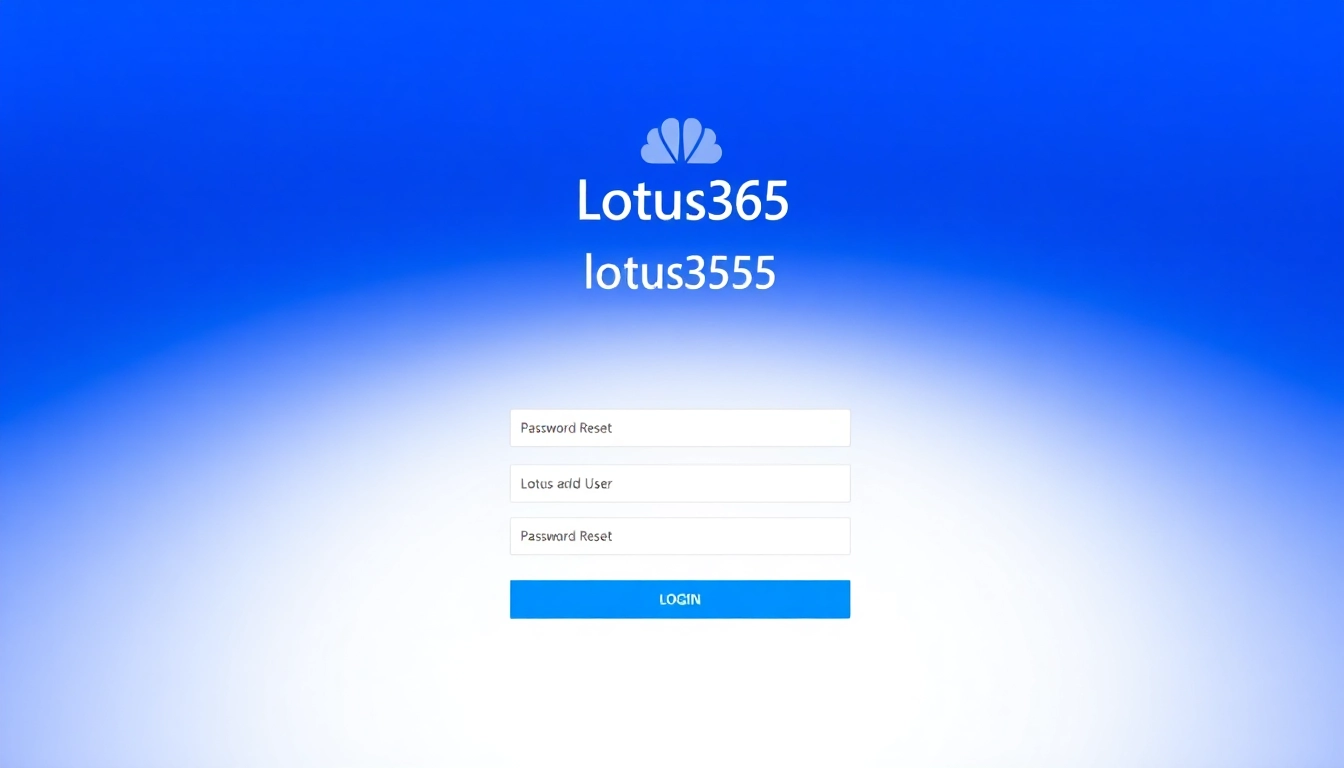Understanding the Significance of $APORK Token Supply and Its Impact on Growth
In the rapidly evolving landscape of meme coins and DeFi projects, tokenomics plays a pivotal role in determining a project’s viability, growth trajectory, and community confidence. Central to this is the $APORK Token Supply, which influences liquidity, price stability, and potential for appreciation. Unlike projects with ambiguous or inflated supply figures, Angry Pepe Fork has carefully structured its token supply to balance scarcity with utility, laying the foundation for sustainable growth and active community engagement.
What Is $APORK Token Supply and Why Does It Matter?
The token supply encompasses the total number of tokens a project creates and the portion available in circulation. It directly impacts market dynamics—affecting scarcity, demand, and, consequently, the price. A well-understood supply model helps investors assess potential risks and rewards, facilitate transparent trading, and measure platform growth. Since meme coins often attract a volatile influx of traders, understanding supply parameters enables smarter participation and long-term planning.
Current Total and Circulating Supply Explained
As of now, $APORK’s total supply is set at 1.9 billion tokens. This figure is meticulously designed to enable growth, with an initial circulating supply of tokens available for early trading, staking, and utility interactions. The circulating supply, which currently stands at a substantial amount, reflects tokens actively engaged in the market—available for transactions, staking, or GambleFi gaming. This structure ensures liquidity and accessibility for community members eager to participate and benefit from the ecosystem.
Deep Dive into $APORK Tokenomics
Token Allocation and Distribution Strategies
The $APORK tokenomics adopts a strategic distribution model to foster community engagement, ensure platform growth, and incentivize early investors. Breakdown of the token allocation includes:
- Marketing (25%): To promote adoption and viral campaigns, vital for a meme coin’s success.
- Community Rewards (10%): Rewarding active supporters through CommunityFi initiatives.
- Project Treasury (15%, Locked): Safeguards funds for future development and strategic partnerships.
- Presale (20%): Early-supporter investment, enabling initial liquidity and market confidence.
- Staking Rewards (15%): Encouraging long-term holding and participation in governance.
- Liquidity (10%): Ensuring sufficient depth in exchanges for smooth trading.
- Exchanges & Listings (5%): Facilitates wider availability across platforms.
Burn Mechanisms and Deflationary Tactics
A core feature of the $APORK tokenomics is its deflationary mechanism. After each GambleFi payout, a portion of tokens is burned, gradually reducing the total supply—initially set at 1.9 billion tokens. This intentional scarcity aims to boost token value over time, rewarding early holders and supporting long-term price appreciation. This approach aligns with leading DeFi projects like Binance and Ethereum, which leverage burn strategies to sustain upward price momentum.
Impact of Supply on Community Rewards and Rewards System
The supply model directly influences the reward ecosystem. With a fixed supply and continuous burn events, community members engaged in promotions, staking, or on-chain activities benefit from increasing token scarcity. Consequently, the value of $APORK can appreciate, making active participation in community initiatives both profitable and strategic.
Market Comparisons and Competitor Analysis
How $APORK Token Supply Stacks Against PePeFork and Others
Comparing $APORK’s supply model to competitors provides valuable insights. For instance, PepeFork’s circulating supply is approximately 407.62 trillion tokens with a max of 420.69 trillion. In contrast, $APORK’s circulating supply is significantly lower at 1.9 billion tokens, designed to create more scarcity and potential for growth.
Analyzing Circulating and Max Supplies – What You Need to Know
Understanding the difference between circulating and max supply is crucial. While maximum supply indicates the total number of tokens that will ever exist, circulating supply points to the tokens currently tradable and available for use. A lower circulating supply in relation to the max suggests future growth potential, especially if demand increases combined with supply burn mechanisms.
Supply Metrics and Market Cap Dynamics
Market cap is a product of circulating supply and token price. For $APORK, with current trading metrics and a controlled supply, market cap trajectories are poised for growth as community engagement and platform utility expand. Managing supply effectively ensures price stability, attracting not only meme enthusiasts but also serious investors seeking utility-driven crypto assets.
Future Implications of $APORK Token Supply
Potential for Price Appreciation with Supply Management
Reducing circulating supply through burn events coupled with increasing demand can significantly boost $APORK’s price. As the platform introduces GambleFi mini-games, multi-chain expansion, and strategic partnerships, the scarcity created by supply management will be a key driver for long-term appreciation.
Incorporating Supply Data into Investment Strategies
For investors, monitoring supply metrics provides signals on potential entry points. Early holders benefiting from the presale and staking rewards can leverage decreasing supply dynamics to maximize profits. Staying updated on scheduled burn events and platform upgrades allows for strategic positioning.
Upcoming Supply Changes and Platform Expansion Plans
The team’s roadmap includes ongoing bridging across multiple blockchains, which may affect circulating supply and liquidity pools. Future token burns, partnership-driven token unlocks, and liquidity injections will further shape supply metrics, influencing price movements and utility scope.
How to Leverage $APORK Token Supply for Earning
Staking, Community Engagement, and Reward Opportunities
Active participation in staking is one of the most direct ways to benefit from $APORK’s supply dynamics. During presale, staking offers attractive yields—up to 10,000%+ APY—depending on the contribution. Engaging in community initiatives like content creation and promotion also amplifies rewards, as more activity leads to more tokens and exclusive incentives.
Impact of Token Supply on GambleFi and Multi-Chain Expansion
As GambleFi mini-games go live, the deflationary structure will ensure that winnings contribute to reducing overall supply, supporting price stability. The upcoming multi-chain bridges will allow easier access and broader liquidity, which is critical for early buyers looking to maximize earning opportunities.
Practical Tips for Early and Long-Term Investors
- Participate early in presale and staking to maximize initial rewards.
- Monitor burn events and platform developments to anticipate price movements.
- Engage actively in community promotion for additional incentives.
- Leverage multi-chain bridges for wider liquidity access to mitigate volatility.
By understanding and strategically leveraging the supply mechanics, investors can position themselves to benefit from both short-term gains and long-term appreciation of $APORK tokens.



